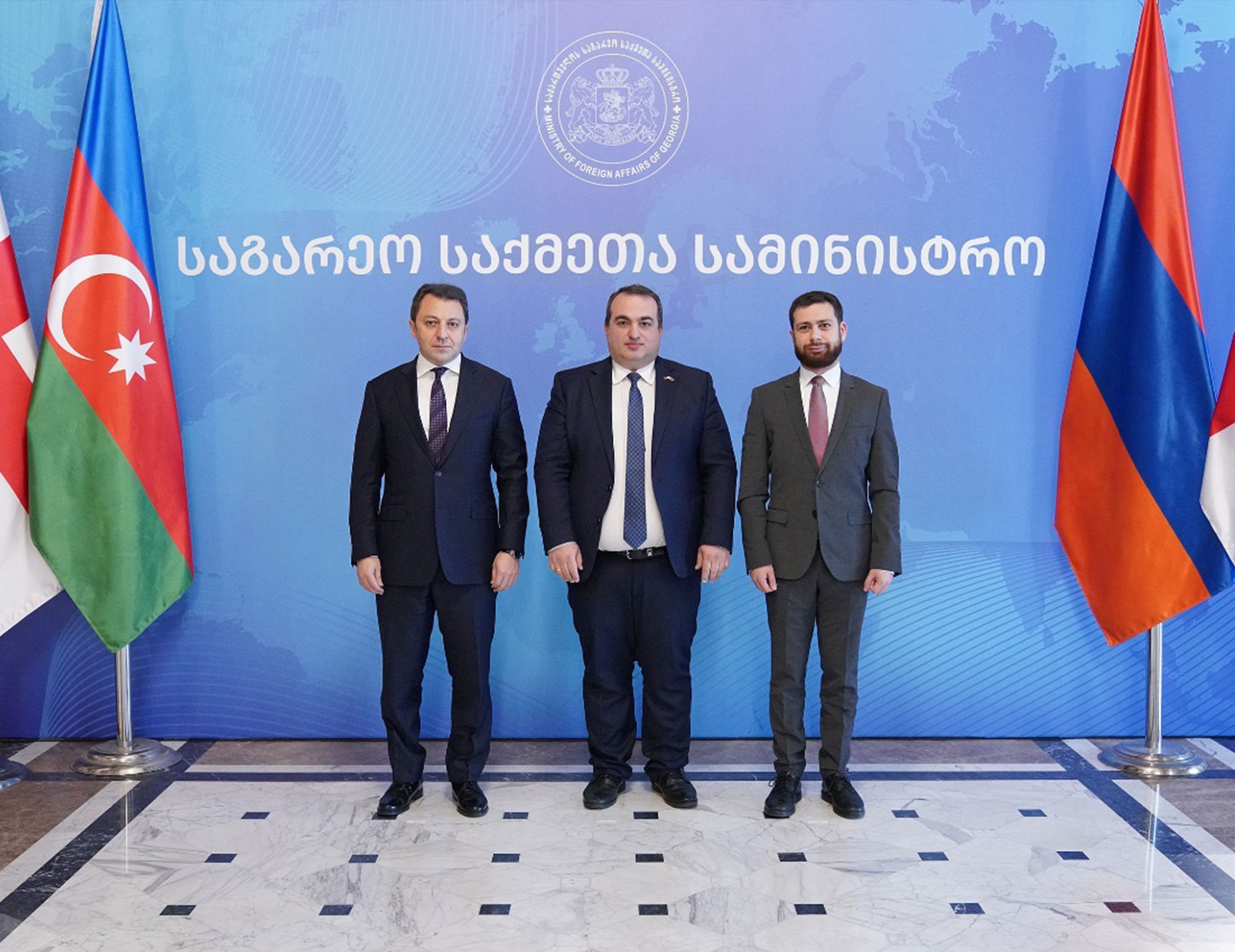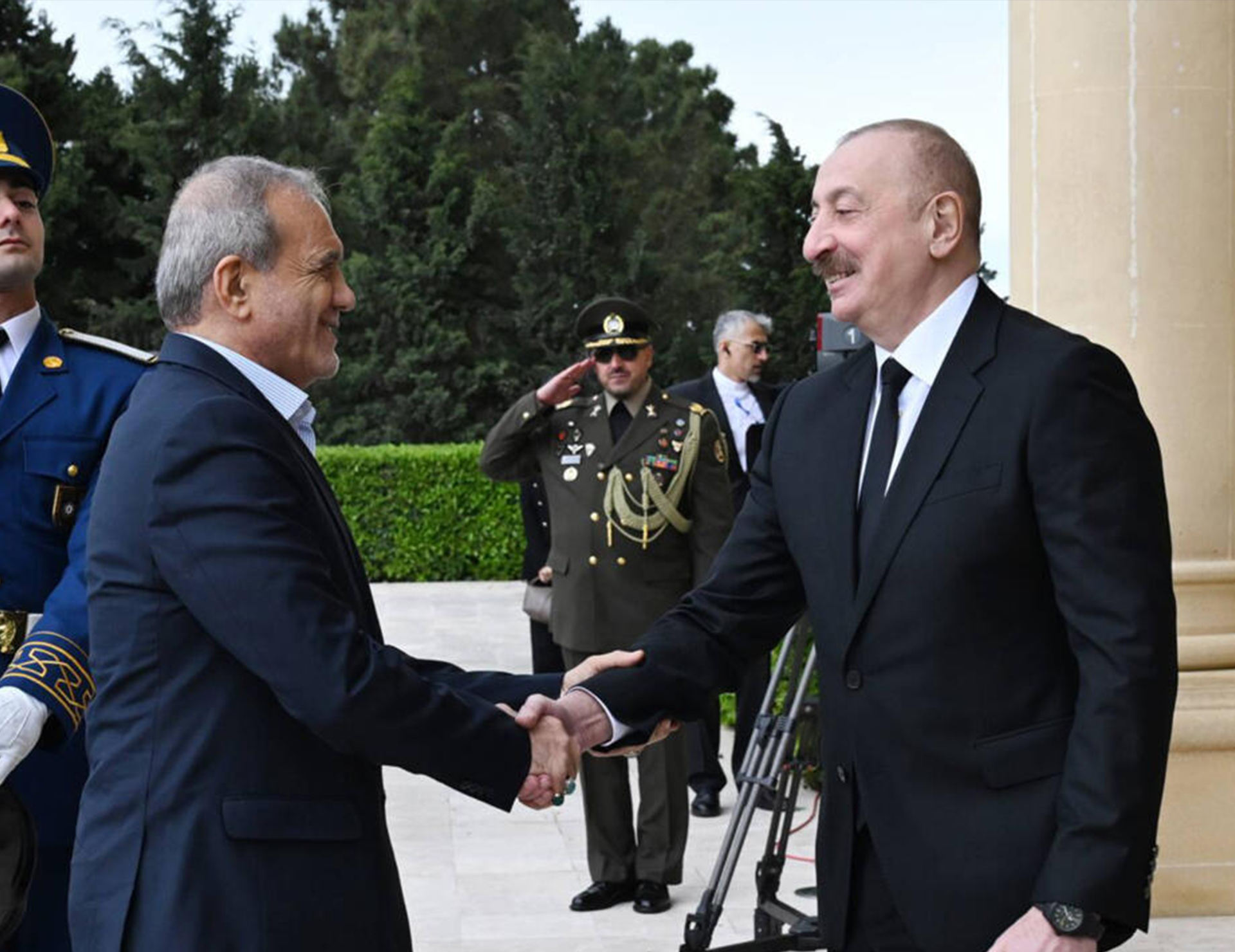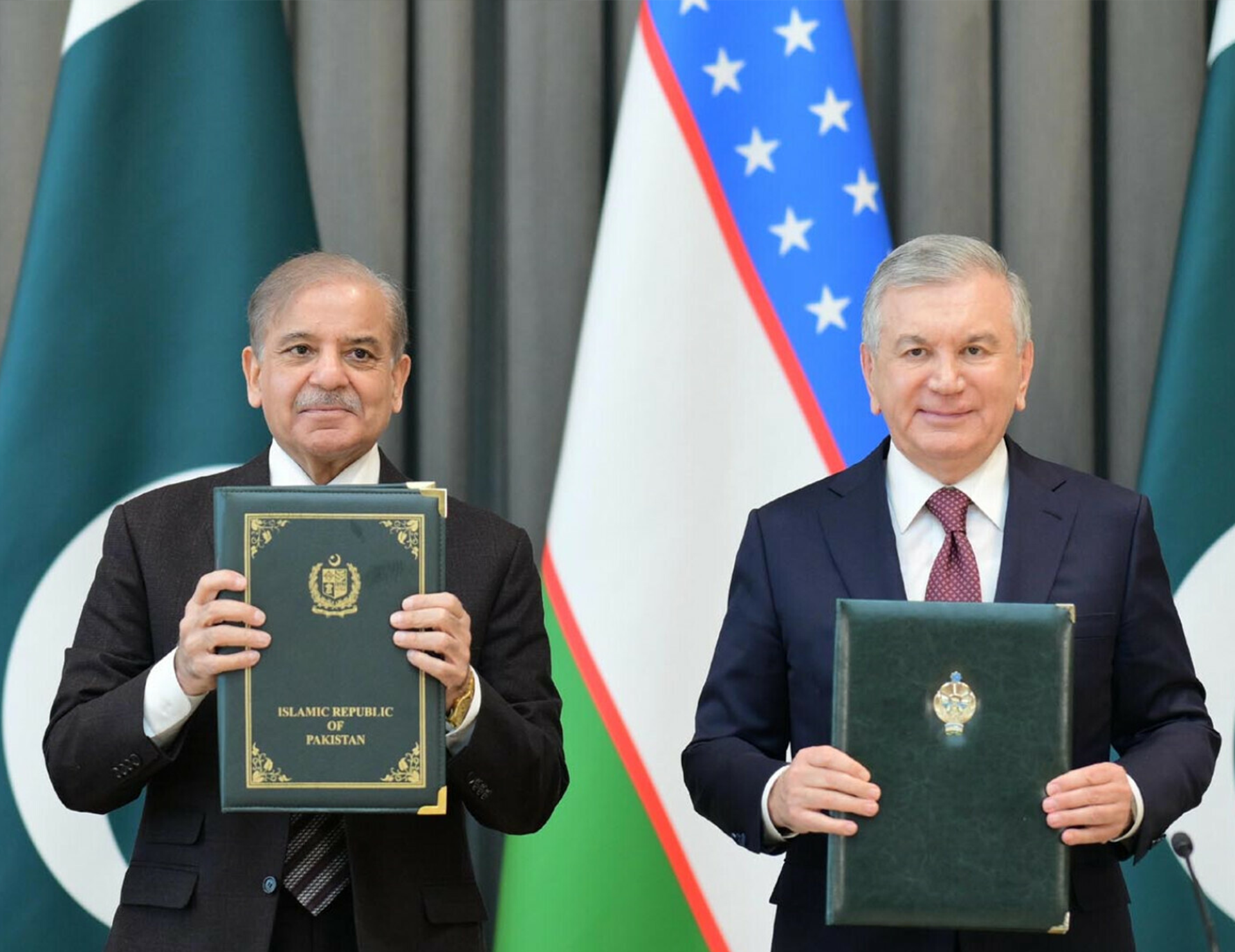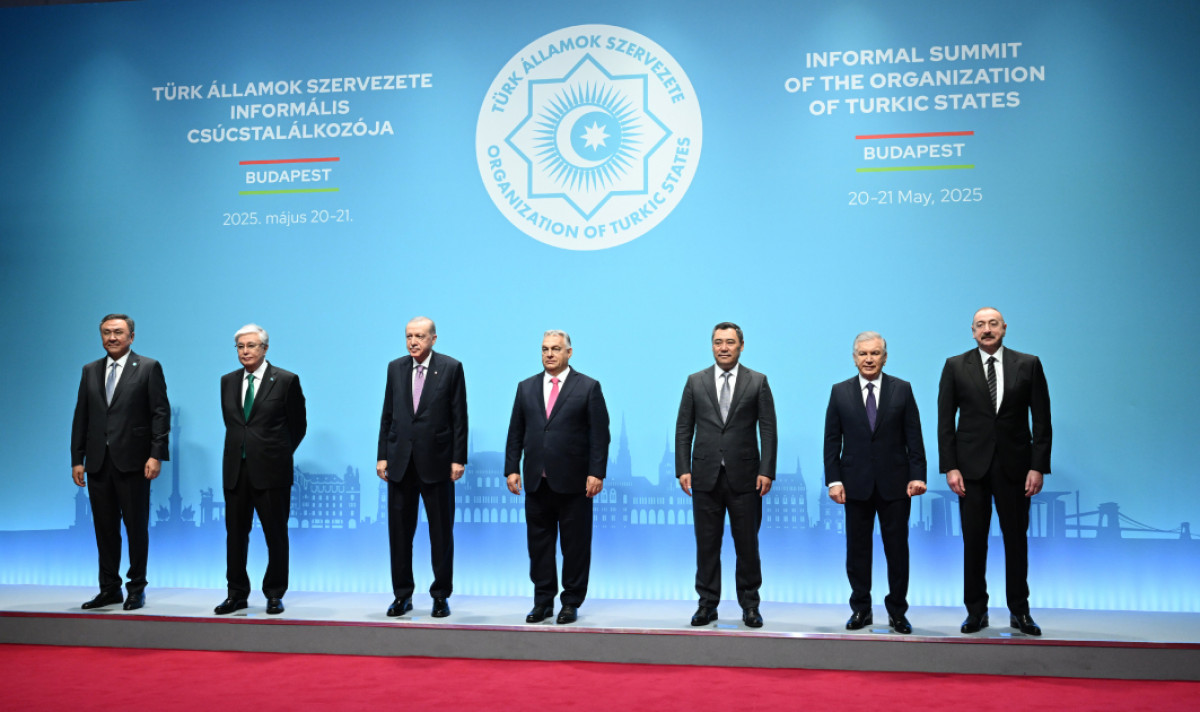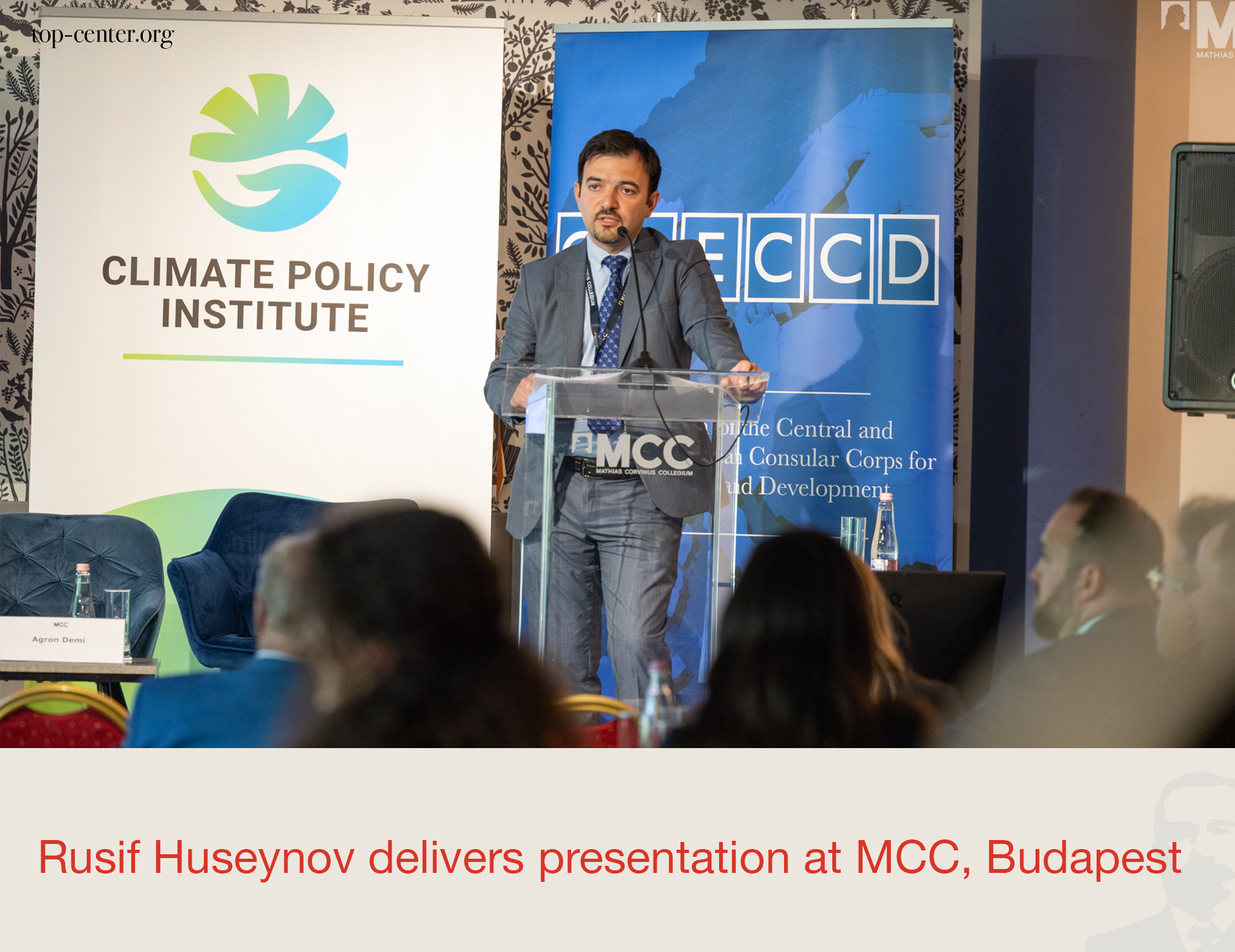On April 17, Tbilisi hosted the first-ever formal trilateral meeting between the foreign ministries of Armenia, Azerbaijan and Georgia. According to official statements, the primary aim of the meeting was to create a platform for open dialogue and to explore possible avenues for trilateral cooperation in the South Caucasus. This was a very important step, as this specific configuration of countries has never before engaged in structured three-way dialogue. While various regional formats have existed, such as Georgia–Azerbaijan–Turkey or mediated Armenia–Azerbaijan talks, this is the first time the South Caucasus states have taken a step toward creating their own, self-driven platform for dialogue and cooperation.
This meeting comes at a time of increased global uncertainty. And now more than ever, for small states like Georgia, Armenia, and Azerbaijan, establishing shared platforms can help mitigate external threats as well as offer their own agency in determining their futures. A regional format led from within the South Caucasus can serve as a stabilising force and a mechanism for coordinated responses to common concerns.
As Georgia’s Foreign Minister Maka Bochorishvili emphasised during the meeting, this trilateral engagement is not intended to replace any existing cooperation formats but rather to complement them. The goal is not to compete with other mechanisms, but to create one that is unique to the South Caucasus. The importance of such regional unity can be seen in other parts of the world. The Central Asia “C5” format, for example, has led to stronger collective positioning and increasing European interest and engagement. Similarly, the Turkey–Georgia–Azerbaijan trilateral mechanism, formalised in the 2012 Trabzon Declaration, has yielded tangible results in energy, transport, and defence cooperation. Thus, the Armenia-Azerbaijan-Georgia trio platform could provide huge benefits to all three countries.
Now, to succeed, this trilateral format should be institutionalised, with regular sessions and participation across multiple institutions. Beyond foreign ministries, cooperation should extend into economic, environmental, and educational institutions. In addition, there is a need for people-to-people contacts, because for regional integration, there is a need for trust between communities and a sense of unity. Here, tools like cultural and academic exchanges as well as cross-border youth initiatives, can all play a role in strengthening this foundation.
Looking ahead, this platform has huge potential for regional development. The first area of cooperation could be water security, which is a growing concern for all three countries. Other issues, which could be potential areas for collaboration, are border management, where coordinated policies could increase stability and connectivity, where improved transport corridors, streamlined customs procedures, would boost trade.
In many ways, the Tbilisi meeting was a very important historic step. For the first time, Armenia, Azerbaijan, and Georgia are exploring the possibility of shaping their regional future together and with their own agency. However, it should not be just a tick-box meeting, but a stable, long-term mechanism. If so, this initiative has the potential for a more connected and resilient South Caucasus.

